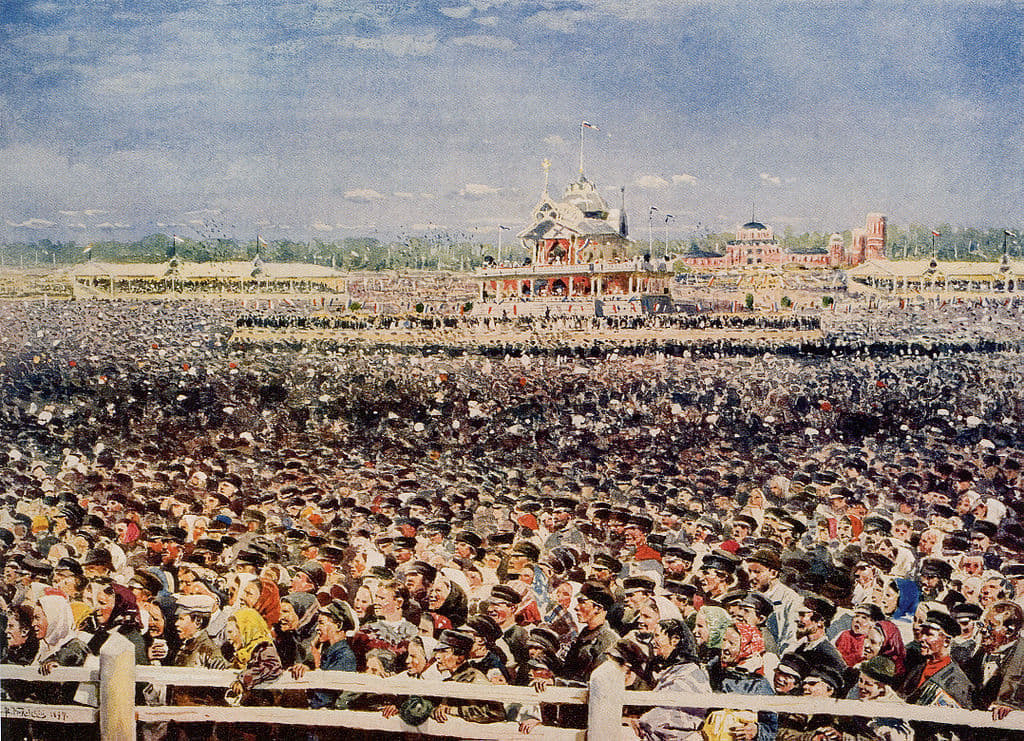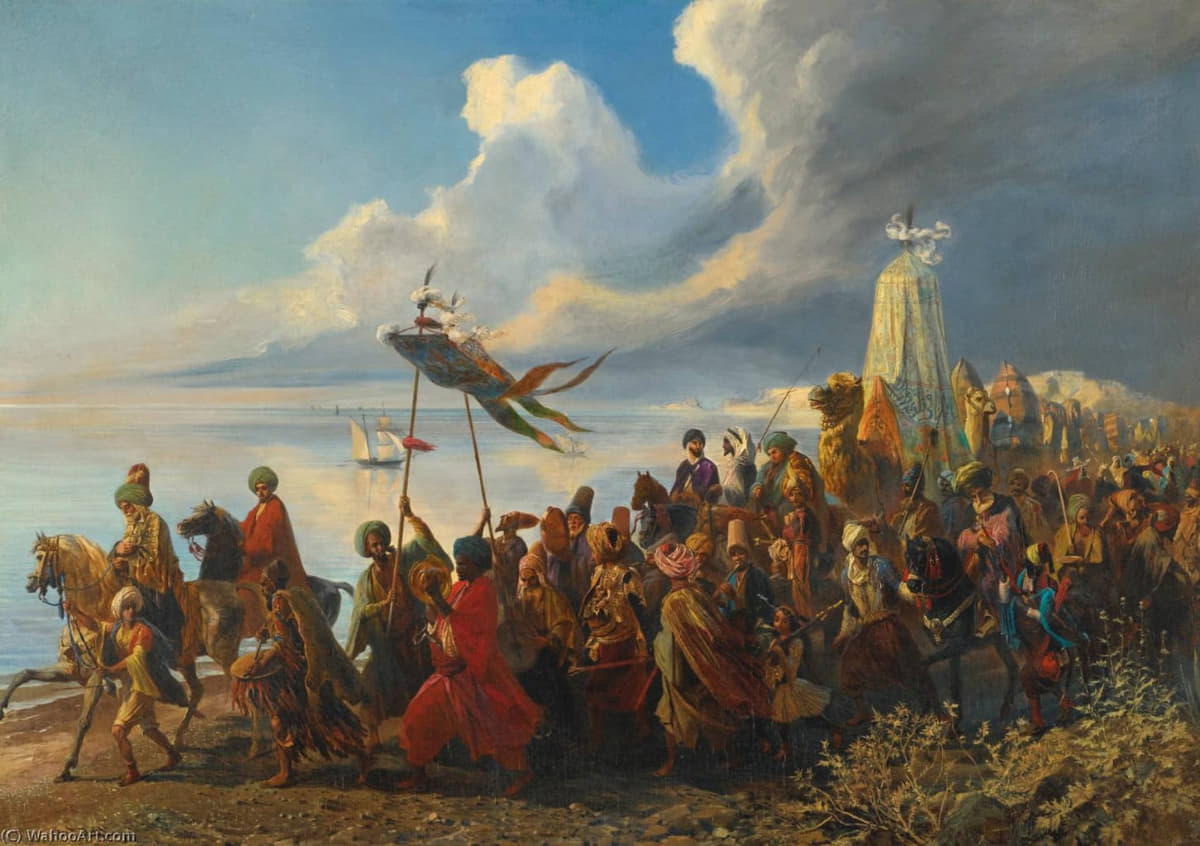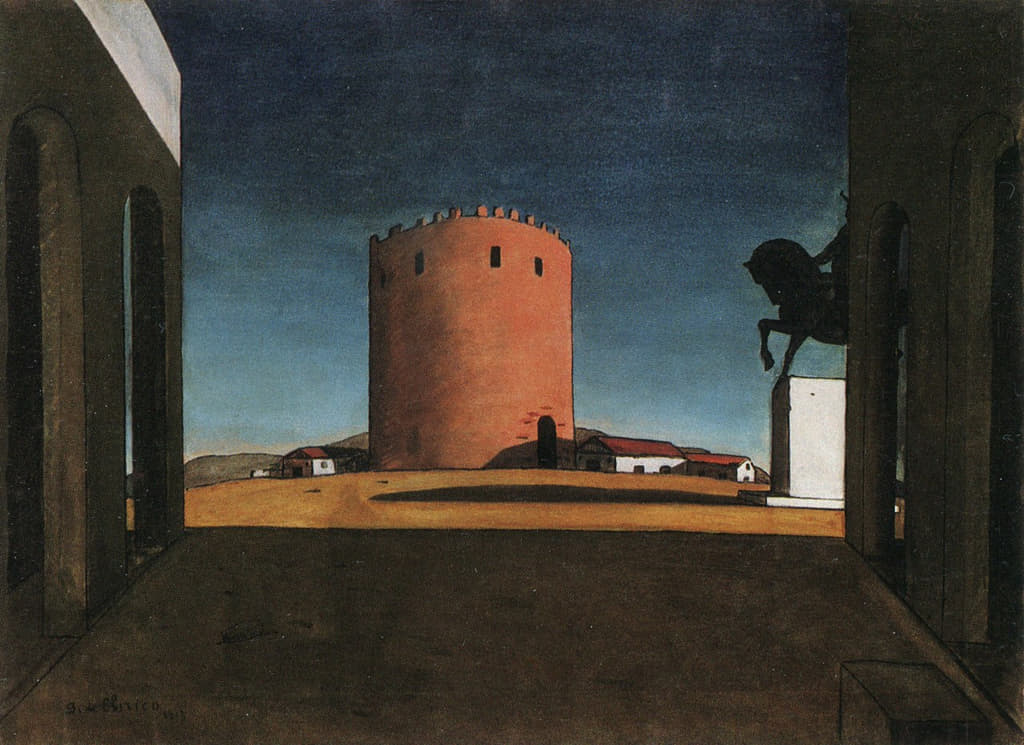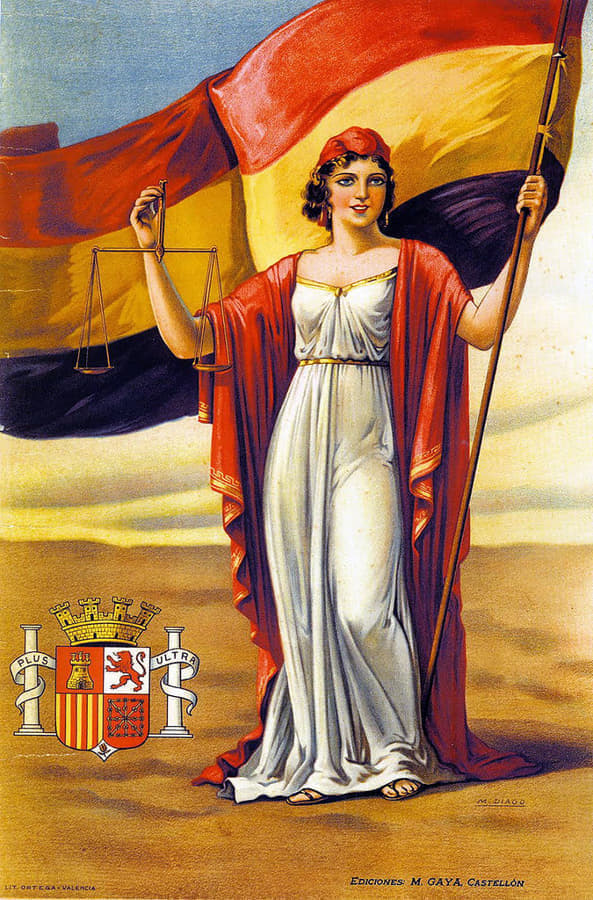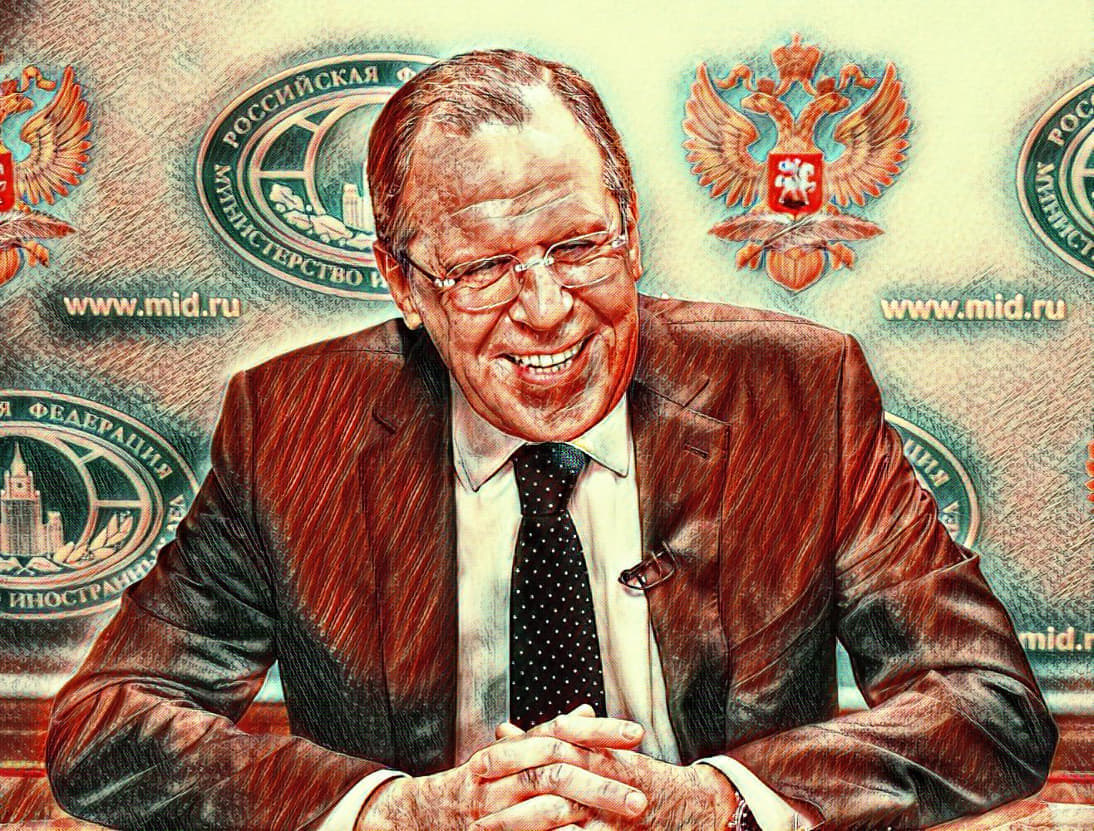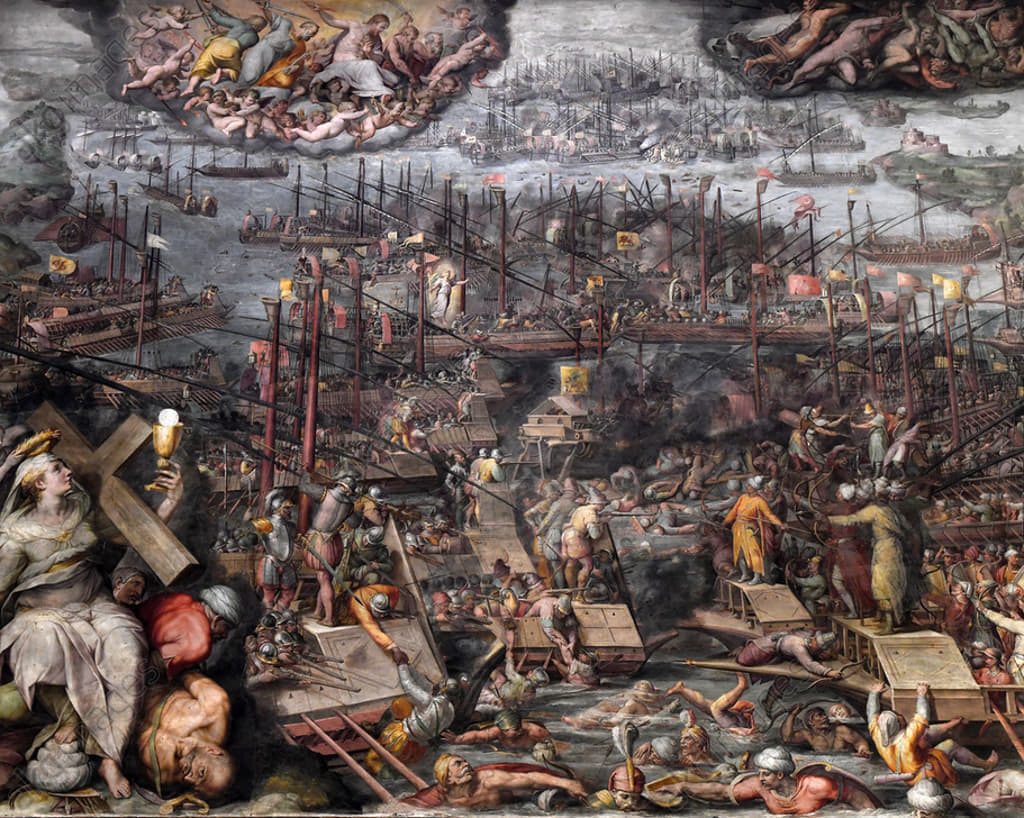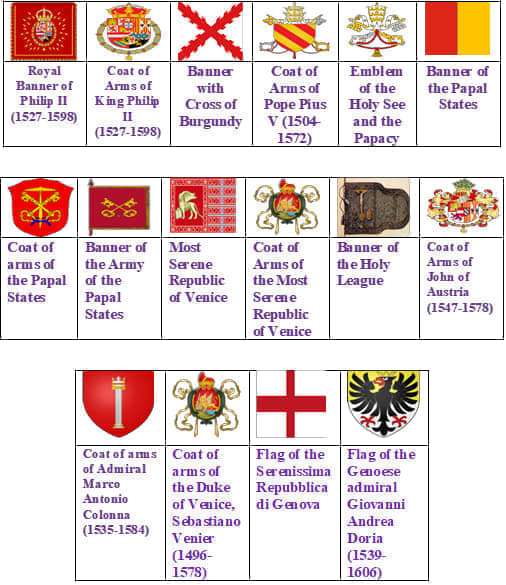Soil and natality are the two pre-political realities, both horizontal and profane, which absolutely condition the political—the vertical condition is the sacred—Utopia (Thomas More) and uchronia (Charles Renouvier) are not politics, but its inverted and uprooted literary imitation. Political realism can use them polemically, as a literary genre, to elaborate a critique of the political situation. But one cannot live politically in suspense, out of place and out of time, contemplating the acceleration of decadence and waiting for the apocalypse, while landscape and countryside are destroyed with ferocious laws—those that raze the fields and those that rewrite history—the laws of memory, the perfect analog of the former. It is necessary to deal once again with the land (iustissima tellus) and the man engendered on it, for the laws to which I allude are not a Spanish anecdote, but a category of the decadence of Europe—the West is now as vague as the Free World of the Cold War-.
Geography and history are politics from other points of view—that of space and time, of identity and memory. The name of the “profound link between the material and spiritual aspects [of human coexistence], between land and culture” is “homeland” (John Paul II). The man who buries his dead is an earthly being in a particularly intense way. As the dead are seed—buried seed—they are at the same time inheritance, tradition projected in time, that is to say, history.
Politics is “the urgency of living,” as it is said in one of the West’s seminal books. It is an imperative here and now (hic et nunc), because fortune passes without remedy—certus an, incertus quando, like death—from one city to another (Machiavelli). Surviving is not easy. History is not only a graveyard of oligarchies, but also of political communities that have become unrealized, generally without a clear idea of their end. We know nothing of those lost civilizations, submerged in the sea, buried in the desert or devoured by tropical jungles. Although we know about Greece (and Rome) because, as Xavier Zubiri would say, “the Greeks [and the Romans] are us,” it is moving to think that this could also be our destiny. A Roman destiny or way, as suggested by Rémi Brague—to survive political extinction like Rome, culturally conditioning the posterity of the empire’s site—the Polish sociologist Ludwig Gumplowicz did not think of speaking of a Phoenician way, but, coincidentally, he used to say something very similar about the ineffable imprint that the extinct Phoenicians have left on the Mediterranean world.
As opposed to natural politics—Julien Freund would call it the political (politics the political)—deterritorialization and dehistorification constitute the “inconcrete asceticism” of a political class that lives, literally, in airplanes, outside reality, “delocalized” and also alienated from itself. Its spatial sense is, so to speak, liquid, maritime or ethereal, homogeneous, without discontinuities. Its historical sense is the romantic chatter of the end of history and the end of time pointed to in the agenda of an eternal present. They despise the soil and those who live on it. They are cosmopolitan and normativist, enemies of concrete orders; they are delicate, but not subtle.
In Hermann Heller’s theory of the State, territory (space) and people (time!) are two constituent elements of political unity. Francisco Javier Conde, whose ontology of the political (no more than a notebook: El hombre, animal politico—Man, Political Animal) is a precious footnote to Aristotle’s Politics—of very few books can this be said in the last 2,300 years—points out something similar: space and plan configure the political form. The immediate object of politics is the ordering of space, since it is on it that human coexistence is configured and persists (the plan). An unequivocal symptom of decadence is spatial withdrawal, the loss of territorial positions in the world, and depopulation or, more specifically, the collapse of the birth rate (the dénatalité of French demography, which, not in vain, has been constituted, since the end of the 19th century, under the sign of the fear of depopulation and its most severe consequence, the finis Galliae). A political community without territory disappears. A political community without births, becomes extinct. The spatial conscience of a people is geopolitics (political geography), the temporal conscience is demopolitics (political demography)—although Dalmacio Negro would say, rather, cliopolitics, the dimensions are the same.
Hannah Arendt recalls that “natality, and not mortality [is] the central category of political thought, since politics is based on the fact of the plurality of men.” However, the political articulation of this pre-political fact (the birth of new men and, as a consequence, the succession of generations) is not univocal, but is conditioned by the demographic metabolism of each human group, that fantastic animal that grows and decreases, subject to laws that in reality we do not know and over which we have the illusion of being able to influence. We can therefore speak, in this broad sense and not only in the restricted sense of Michel Foucault or Giorgio Agamben, of biopolitics.
Biopolitics has, by the way, two faces, one populationist (anti-Malthusian) and the other anti-populationist (Malthusian). Populationalism and anti-populationalism transcend the Right-Left dichotomy, purely accidental and opportunistic, and devoid of content, an “equivocation” from which it is advisable to get out of as soon as possible, as Arnaud Imatz says in Droite / gauche. Pour sortir de l’équivoque (PGDR 2016). So, it should come as no surprise that the original socialism, militant socialism, was populationist—Proudhon said that in the world there is no one left over… except Malthus—and that, in the 1960s, already triumphant, it became anti-populationist. In the conservative “right” the opposite has happened, in general terms: from anti-Malthusianism to Malthusianism. These attitudes towards population growth or decrease have a striking correlation a) with space and b) with war. Thalassocratic powers tend to be anti-population and naval in their concept of war, a struggle “in which superiority is a matter of wealth and technique, both of which require relatively few combatants.” The continental powers, on the other hand, “live with the obsession of the fragility of their frontiers, of the strength of modern armies and of the appalling consumption of men in recent wars” (Gaston Bouthoul). Carl Schmitt also detected, in the 1930s, the dependence between the principles of the new international law claimed by the maritime powers and their pressure to reduce the birth rate, an “argument… immoral and inhuman, but in which an individualistic and liberal conception of the world is recognized.”
In the same way, although in a different context, there is a policy that is fully engaged in its fight against death (mostly violent). However, after the demographic transition, silently operated in the bedrooms of all Europe since the French Revolution, there is another policy that strangely girdles itself in its fight against life. Thus, it is that the so-called “culture of death,” isolated from its moral or theological radiations, expresses itself politically in a policy of birth control or low birth rate. This anti-natalist political inertia has been nourished since the 19th century by an unprecedented trend in history: the conversion of procreation into a voluntary and reflexive act. The demographic phenomenon of social capillarity perfectly expresses this mutation. Gaston Bouthoul has described this transformation of the traditional (demographic) mentality: when procreation was normal, reflection conditioned sexual abstinence; on the other hand, nowadays, when normal behavior seems to be non-procreation, it is the very act of procreation that requires a conscious and reflective evaluation. This is the paradox, of enormous political relevance: procreative inhibition, a consequence of rationalization, has become the “norm” and “unthinking.”
In the treatises on political geography, particularly in those of the Interbellum, the laws or regularities of geopolitics used to be enumerated: the aspiration towards the domination of the whole of a hydrographic basin, the search for an outlet to the sea, or the aspiration towards the opposite coasts and adjacent islands, not to mention the siren songs of “natural frontiers” and the motive of national unity. Political demography, still in its infancy as a “social science,” also has its commandments or laws. Gérard-François Dumont has dealt with them in his Démographie politique. Les lois de la géopolitique des populations (Ellipses 2007). In his treatise, Dumont explains how demography influences and is influenced by geography according to the laws of numbers, age and gender composition, attraction and repulsion (of migratory flows), including diasporas, a universal phenomenon (“every diasporic group, nolens volens, by its mere presence, has geopolitical effects on its country of residence, on its country of origin and on the geopolitical relations of these two, among themselves and with third countries”).
Alfred Sauvy used to say that demographic problems are so important that the more they are ignored, the more terrible the revenge they take. In a way, the political demographer, even more than the geopolitician, is a voice crying in the wilderness. A good example of this is the scant attention paid to the Polish-born German sociologist Gunnar Heinsohn, updater of the demographic debate on the “youth bulge” in his book Söhne und Weltmacht. Terror im Aufstieg und Fall der Nationen (Orell Füssli 2003). In other words, how does a percentile of 20% or more in the cohort of those between 15 and 24 years of age have an influence, particularly on conflict, whether internal or external—riots, revolutions, emigration, wars (emigration to the beyond, as Bouthoul said), conquest? This bulge, hump or thickening of the youth cohort is referred to by the expression “youth bulge,” devised at the end of the 1960s and which has surfaced again in the media in 2011 on the occasion of the “Arab revolutions.”
Heinsohn argues that the cause of war is to be found neither in poverty nor in religion, two of the most popular pacifist clichés since the founding of the UN and UNESCO, but in the demographic structure. That of young peoples is a polemic demography. That of old peoples, on the other hand, is polemophobic. Of course, the doctrine relating population movements to aggressiveness and war is not new. The first scientific developments, exposed in the 1930s, aim to refute the (falsely pacifist) judgment of Marxism that blames wars on an economic causality (economic materialism). But demographic materialism, a substratum of the French polemological school (one of the most representative texts is Cent millions de morts, by G. Bouthoul, Sagittaire 1946) and of American demographers sensitive to the effects of the “Youth bulge theory” (a stupendous status quaestionis can be found in The Youth Bulge. Challenge or Opportunity? (Idebate Press 2012), has illustrious and remote antecedents. Montesquieu, to go no further back, speaks of the beneficial “bloodletting of the Republic”—he is referring to war—that “dissipates the vehement heat of youth.” In Spain, an extraordinary piece is a secret report from the end of the 17th century by Captain Vicente Montano in which he ponders the benefits of war as a “great evacuation” that cures and purges the “sinful and seditious humors.”
But what is decisive is the social “use” of the “demographic dividend,” i.e., of this overabundance of young people (overjuvenation). The European conquest of the world since the end of the 15th century, particularly the last great seizure of land (Carl Schmitt) that took place in the 19th century, was the outlet of a population that had regained its growth after the demographic collapse of the Black Death. The closest thing to that, according to Heinsohn, but with a disproportion unknown in history, is the immense “demographic dividend” of the Islamic countries. If in the 20th century the European population grew from 460 million to 600 million, in the Islamic countries the leap has been exponential in the same period: from 150 million at the beginning of the century to more than 1.2 billion today.
From a Paretian point of view, there is no difference in nature, perhaps only in degree, between Wokism and so-called Islamic fundamentalism, apparently antagonistic. Will the lesson of demographic materialism be learned, which warns Europe, like Cassandra, of the terrible return of the flame of European colonization: the imperialism of the decolonized?
Jerónimo Molina Cano is a jurist, historian of political and legal ideas, translator and author. He is a corresponding member of the Real Academia de Ciencias Morales y Políticas in Madrid.
Featured: Das Volksfest auf dem Chodynka-Feld, Mai 1896 (The folk festival on the Khodynka field, May 1896), by Vladimir Makovsky; painted ca. 1897-1899.
